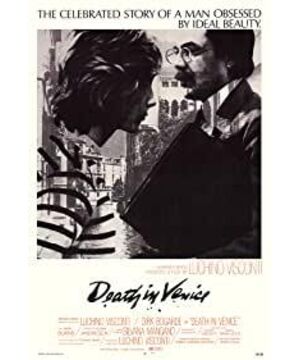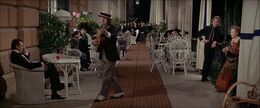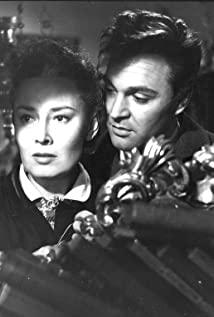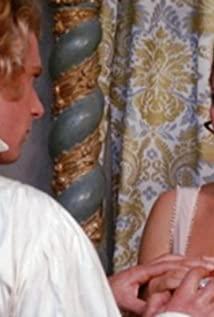2. The beauty of youth is genderless. It is not so much seductive as to have a huge allure to the artist. He is the supreme beauty in Gustav's eyes, and it is also a symbol of perfection and perfection. Divine Beauty, the director Visconti started with the genre of homosexuality, but the film itself did not directly address the grief of homosexuality. I only saw the artist's unswerving pursuit of beauty, which was very touching.
3. A large number of psychoanalytic techniques are used among them: Gustav’s dream and reality are intertwined: a happy family—feelings of happy things, arguments with colleagues about artistic pursuits—worry about the loss of one’s own talents, etc., different And foot.
4. What an artist pursues is the persistence in art, the pursuit of beauty and the ability to appreciate. In the film, Gustave's colleagues are always in a state of conflict with him, which in disguise stimulates his persistence in personal style and pursuit, which is the conflict one; For the second conflict; the appearance of the young man not only gave him the confidence to persevere, but also satisfied his level of appreciation, but brought him a new contradiction: he is a decent person, a family man, and the young man also has a guardian, Suffering from being unapproachable, he wandered left and right for conflict three. The conflict between social morality and artistic aesthetics is reflected here, and the issue of homosexuality as a secondary meaning is pushed out. The three conflicts collided and interacted, and everything in the film was created.
5. From the director's point of view, the pursuit of beauty comes first, and homosexuality comes second, and everyone has the right to pursue beauty. This is because the film is higher than other gay themes and reveals the nature of human beings, even if people who oppose homosexuality watch it. The film can only sigh with embarrassment.
6. The whole film can be regarded as a super-long version of the mv of Mahler's Fifth Symphony. It is said that the author of the original book, Thomas Mann, heard homosexual tendencies from the music, so this song is highly respected by comrades.
7. This film can also be used as a landscape documentary of Venice in the late 19th and early 20th centuries, showing Visconti's interpretation of the local customs.
View more about Death in Venice reviews











